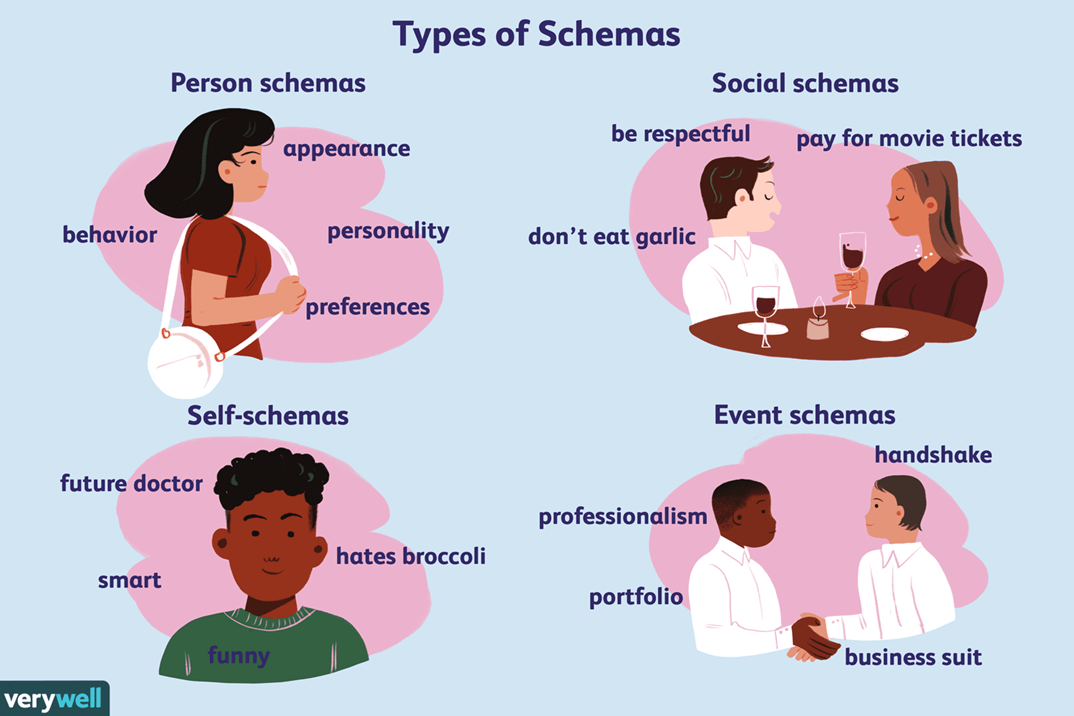A nurse is caring for a client who has narcissistic personality disorder. Which of the following treatments should the nurse recommend?
Assertiveness training
Schema-focused therapy
Response prevention therapy
Cognitive behavioral therapy
The Correct Answer is B
Choice A reason:
The statement "Assertiveness training" is not typically recommended as a primary treatment for narcissistic personality disorder (NPD). While assertiveness training can help individuals develop better communication skills and self-confidence, it does not address the core issues of NPD, such as grandiosity, lack of empathy, and need for admiration.
Choice B reason:
The statement "Schema-focused therapy" is the correct response. Schema-focused therapy is a type of cognitive therapy that helps individuals identify and change deeply ingrained patterns or themes (schemas) that are dysfunctional. This therapy is particularly effective for personality disorders, including NPD, as it addresses the underlying cognitive and emotional patterns that contribute to the disorder.
Choice C reason:
The statement "Response prevention therapy" is not appropriate for NPD. Response prevention therapy is more commonly used for conditions like obsessive-compulsive disorder (OCD), where it helps individuals resist the urge to perform compulsive behaviors. It does not address the specific cognitive and emotional issues associated with NPD.
Choice D reason:
The statement "Cognitive behavioral therapy" (CBT) is beneficial for many mental health conditions, including NPD. CBT helps individuals recognize and change negative thought patterns and behaviors. However, while CBT can be helpful, schema-focused therapy is often more specifically tailored to address the complex and deep-seated issues seen in personality disorders like NPD.

Nursing Test Bank
Naxlex Comprehensive Predictor Exams
Related Questions
Correct Answer is C
Explanation
Choice A Reason:
Naltrexone is primarily used to treat alcohol and opioid dependence. It works by blocking the euphoric and sedative effects of these substances, reducing the desire to use them. While naltrexone has been studied for smoking cessation, it is not commonly prescribed for this purpose. Its primary use remains in the management of alcohol and opioid addiction.
Choice B Reason:
Donepezil is a medication used to treat symptoms of Alzheimer's disease. It works by increasing the levels of acetylcholine in the brain, which helps improve cognitive function. Donepezil is not indicated for smoking cessation and does not have any known effects on nicotine addiction or withdrawal symptoms.
Choice C Reason:
Varenicline, also known by the brand name Chantix, is specifically designed to help people quit smoking. It works by binding to nicotine receptors in the brain, reducing the pleasurable effects of smoking and alleviating withdrawal symptoms. Varenicline has been shown to be highly effective in helping individuals quit smoking and is a common prescription for this purpose.
Choice D Reason:
Disulfiram is a medication used to support the treatment of chronic alcoholism by producing an acute sensitivity to ethanol (drinking alcohol). It works by inhibiting the enzyme acetaldehyde dehydrogenase, leading to unpleasant effects when alcohol is consumed. Disulfiram is not used for smoking cessation and does not affect nicotine addiction.
Correct Answer is B
Explanation
Choice A reason:
The statement "Discuss adverse effects of antianxiety medications with a client who has an anxiety disorder" is not appropriate for delegation to assistive personnel. Discussing medication effects requires specialized knowledge and the ability to provide detailed explanations and answer questions, which falls within the scope of practice for licensed nurses or healthcare providers.
Choice B reason:
The statement "Participate in solitary activities with a client who has mania" is the correct response. Assistive personnel can engage clients in activities that do not require specialized medical knowledge or judgment. Participating in solitary activities can help manage the client's symptoms and provide therapeutic engagement.
Choice C reason:
The statement "Explain the benefits of light therapy to a client who has a depressive disorder" is not suitable for delegation to assistive personnel. Explaining treatment benefits and answering related questions requires a deeper understanding of the therapy and its implications, which is within the scope of practice for licensed nurses or healthcare providers.
Choice D reason:
The statement "Witness an informed consent for a client who is scheduled for electroconvulsive therapy" is not appropriate for delegation to assistive personnel. Witnessing informed consent involves ensuring that the client fully understands the procedure, its risks, and benefits, which requires professional judgment and is typically performed by licensed nurses or healthcare providers.
Whether you are a student looking to ace your exams or a practicing nurse seeking to enhance your expertise , our nursing education contents will empower you with the confidence and competence to make a difference in the lives of patients and become a respected leader in the healthcare field.
Visit Naxlex, invest in your future and unlock endless possibilities with our unparalleled nursing education contents today
Report Wrong Answer on the Current Question
Do you disagree with the answer? If yes, what is your expected answer? Explain.
Kindly be descriptive with the issue you are facing.
